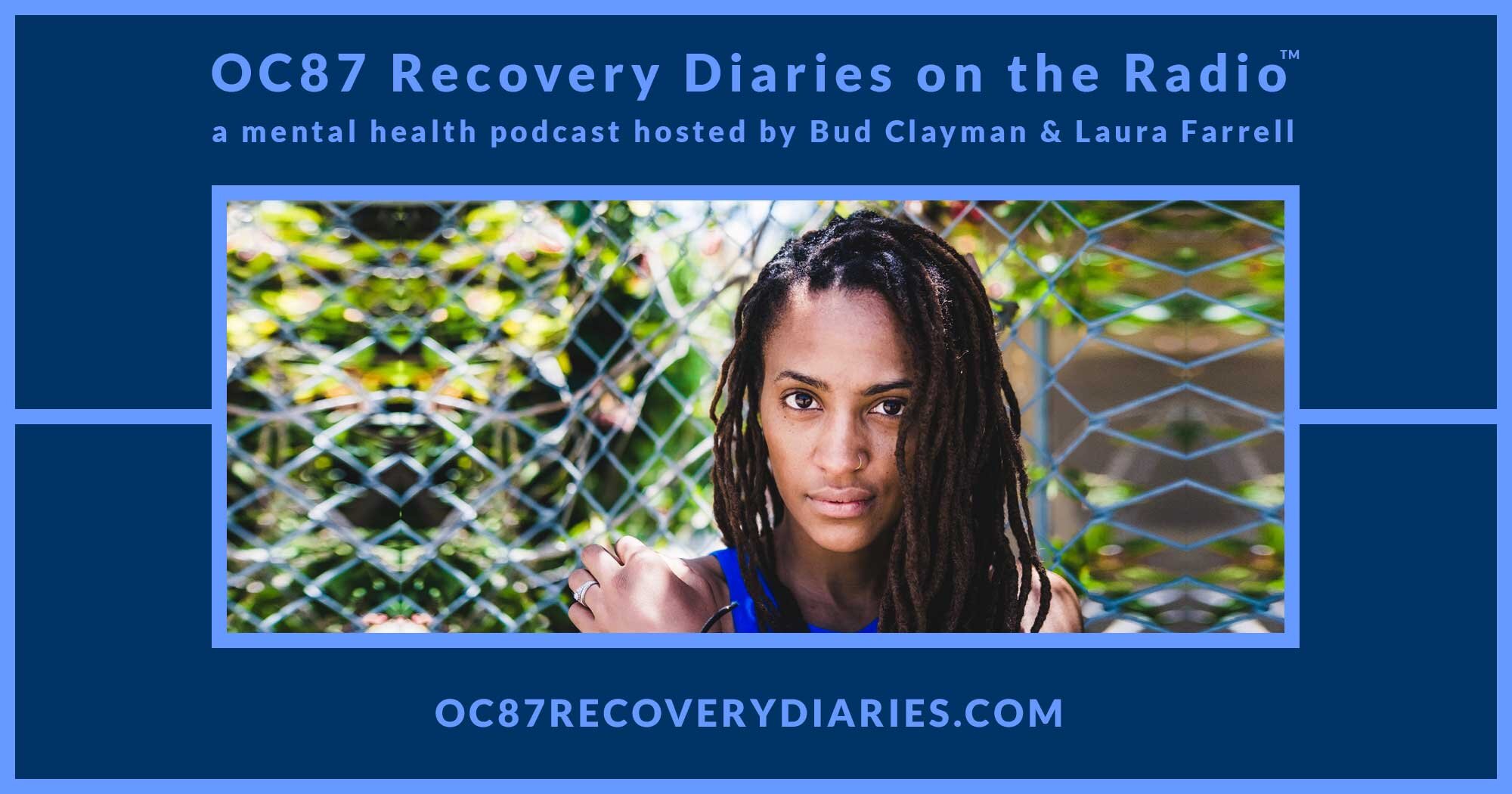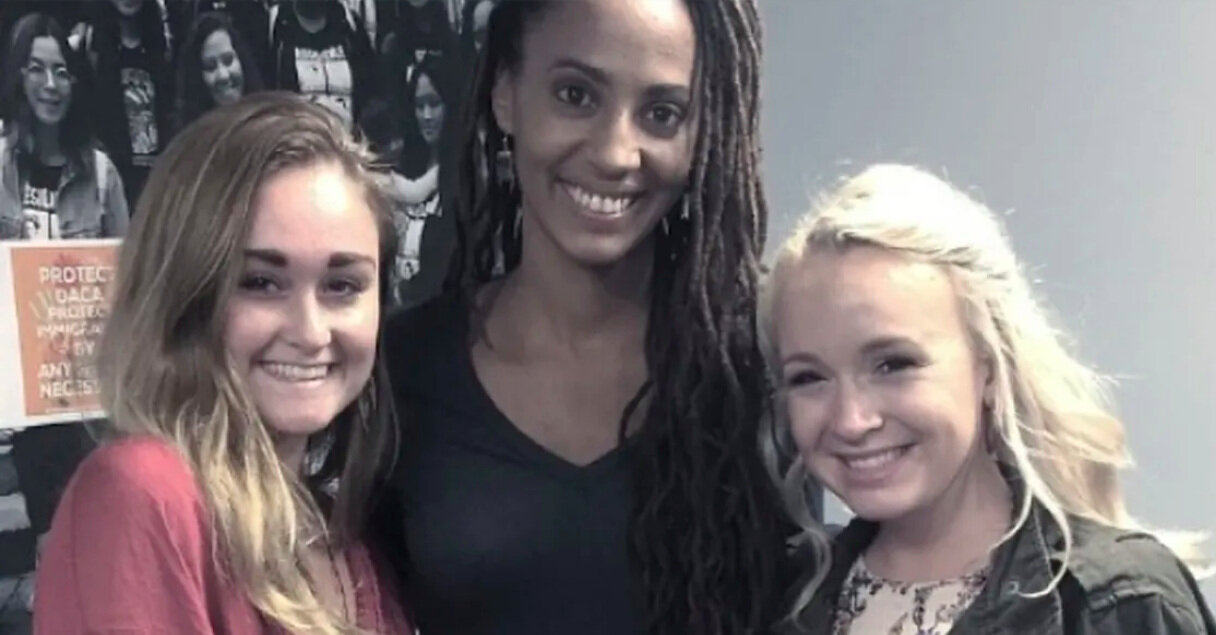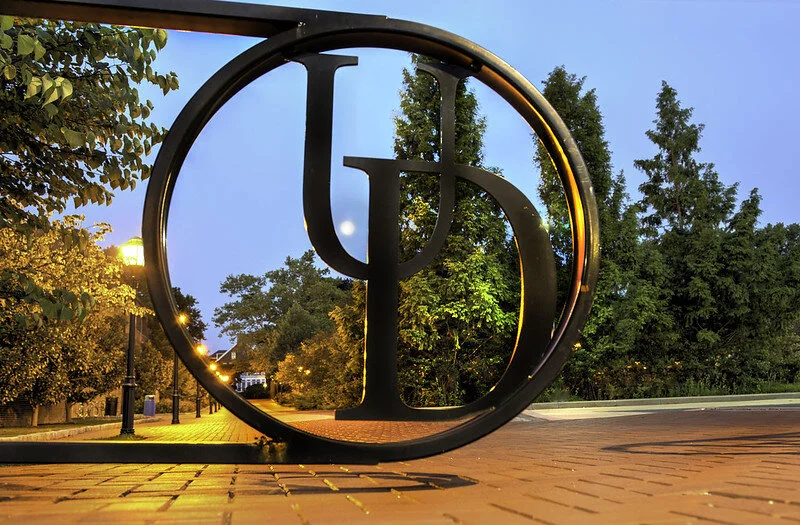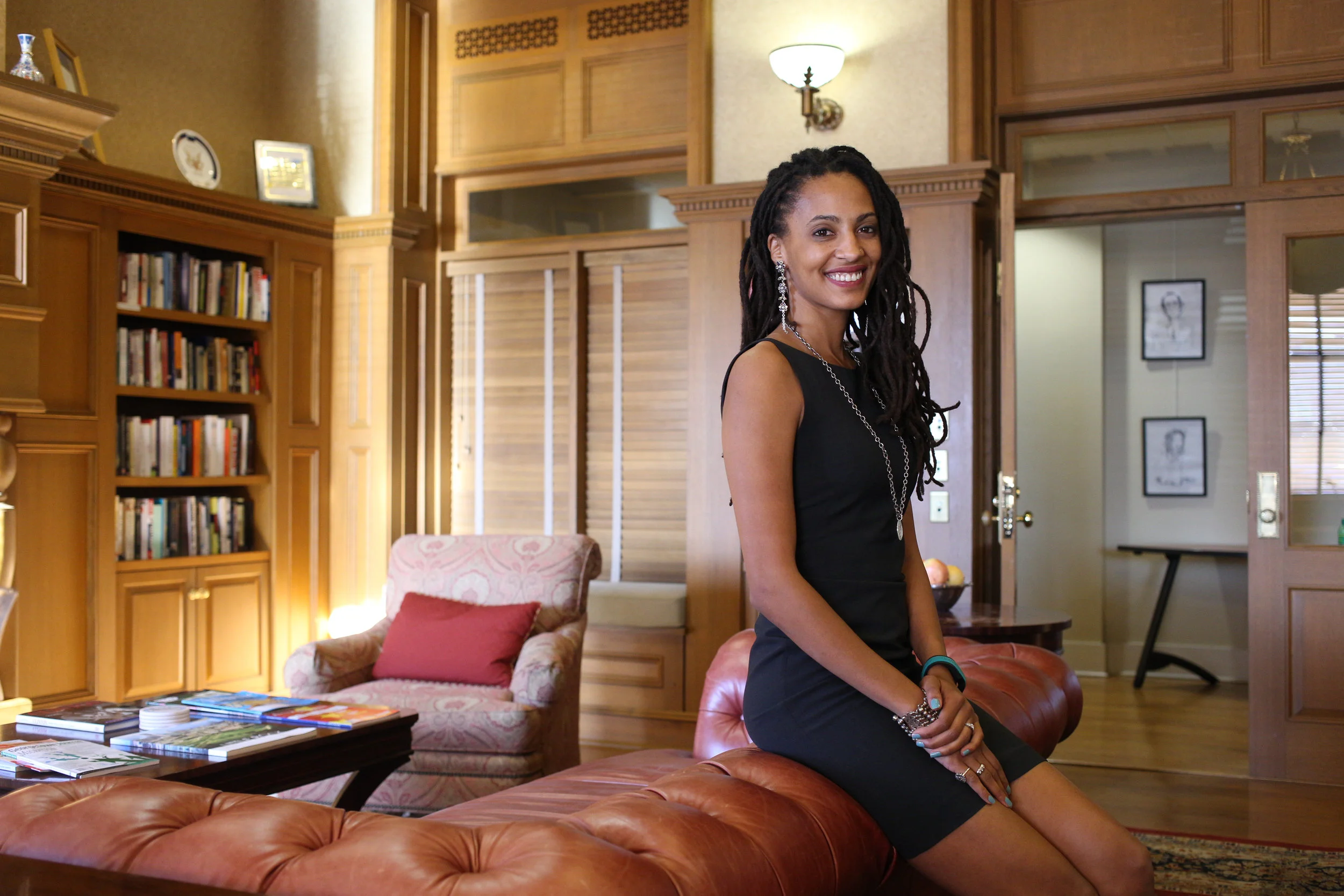



home
home
Kamilah Willingham is a Black feminist troublemaker, storyteller and civil-rights advocate. Her work is grounded in advancing the rights of survivors of sexual violence in prisons, schools, and beyond, highlighting the culture of silence and inequity that dominates social and systemic responses to gender-based violence. In 2016 Kamilah spearheaded the viral social media campaign, #JustSaySorry. This campaign encouraged survivors of campus sexual assaults and gender-based violence to petition for an apology from their institutions, calling attention to the resilience of survivors and the failures of schools to submit to basic measures of accountability.
Kamilah investigates the consequences of patriarchy and white supremacy, at the intersections of race- and sex-based power structures, and illustrates how our culture, norms and institutions are complicit in this abuse. She weaves this analysis into intimate storytelling, through which she invites survivors of interpersonal and institutional violence to explore healing from trauma as a path to resistance and revolution. Kamilah has trained a variety of stakeholders, from prison guards to campus officials, on their responsibilities to prevent and address sexual violence among their ranks and within their environments. Through her nuanced and personal perspective Kamilah helps audiences imagine alternative systems for healing and reconciliation outside of our justice system.
Since graduating Harvard Law School in 2011, Kamilah’s scholarship has been published in Teen Vogue, VICE, Huffpost, The Nation, and The Establishment, among other books and publications. Kamilah shared her personal experience of surviving sexual assault and civil rights violations as a student at Harvard Law School in the award-winning 2015 documentary The Hunting Ground. Formerly, Kamilah served as a Commissioner on the California Commission on the Status of Women and Girls and on the board of the Equal Rights Amendment Coalition & Fund for Women’s Equality. She is a mother of two based in South Los Angeles, where she is training to become a full-spectrum doula in order to provide advocacy and holistic support for birthing people in her community.



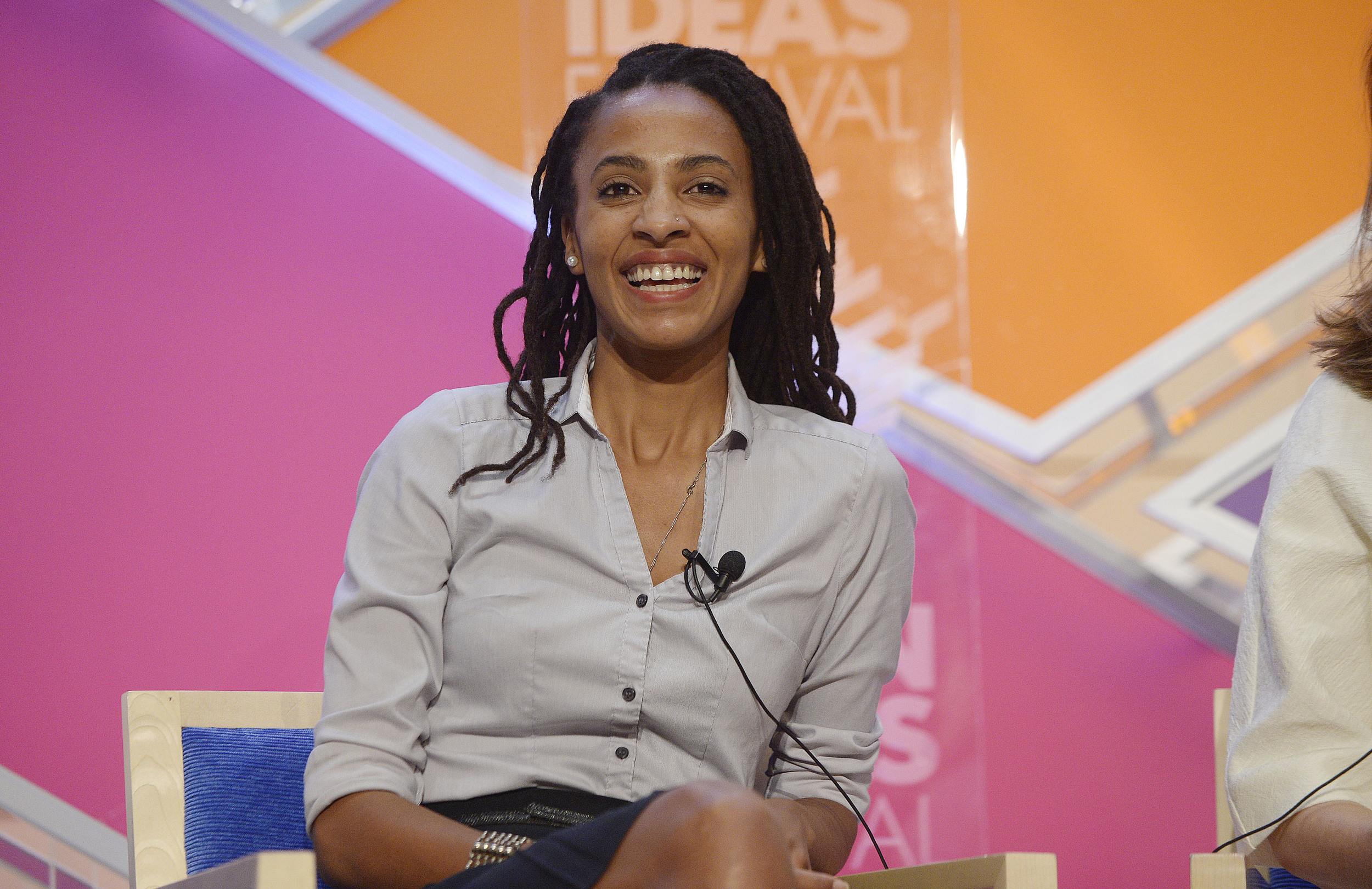
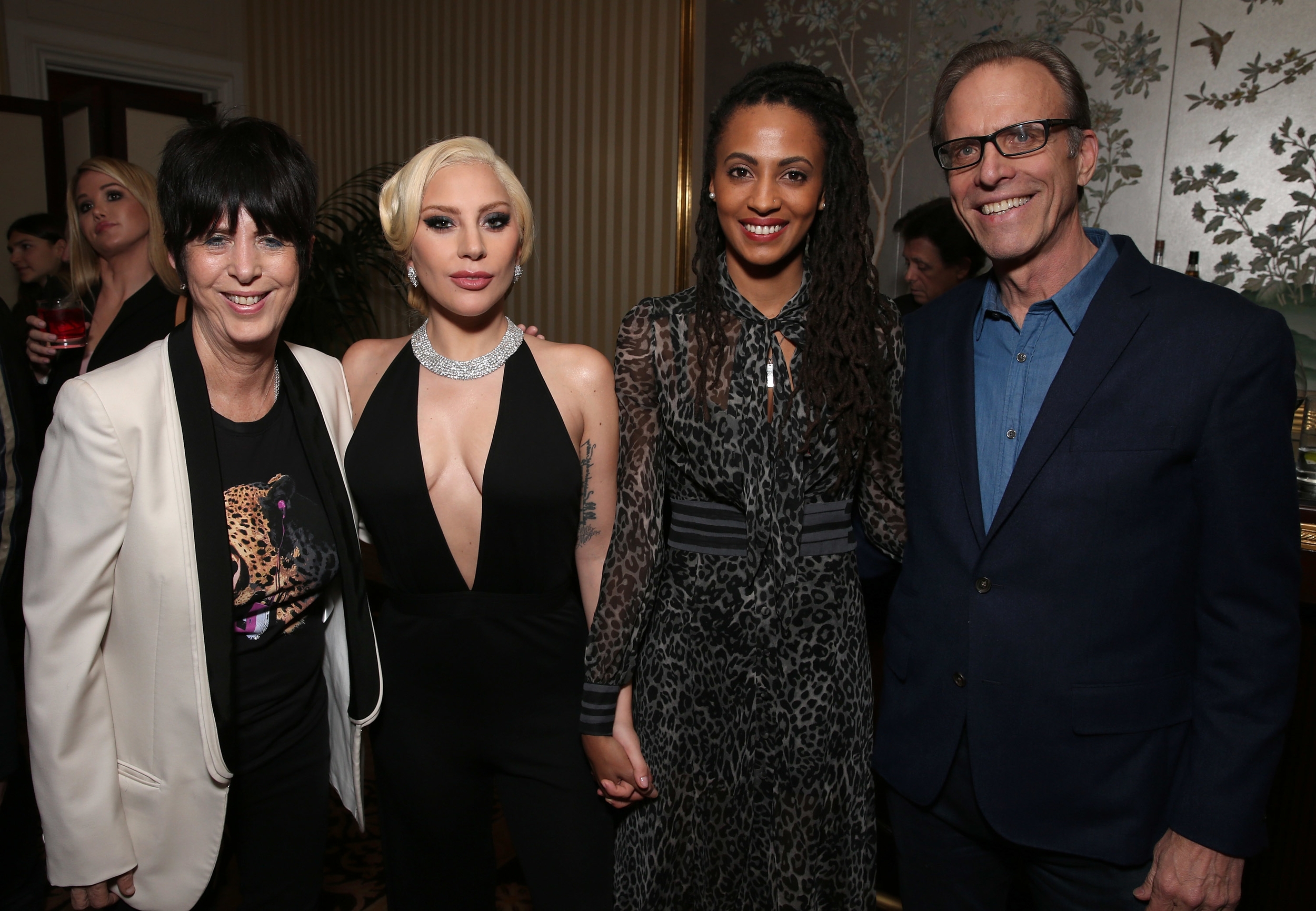
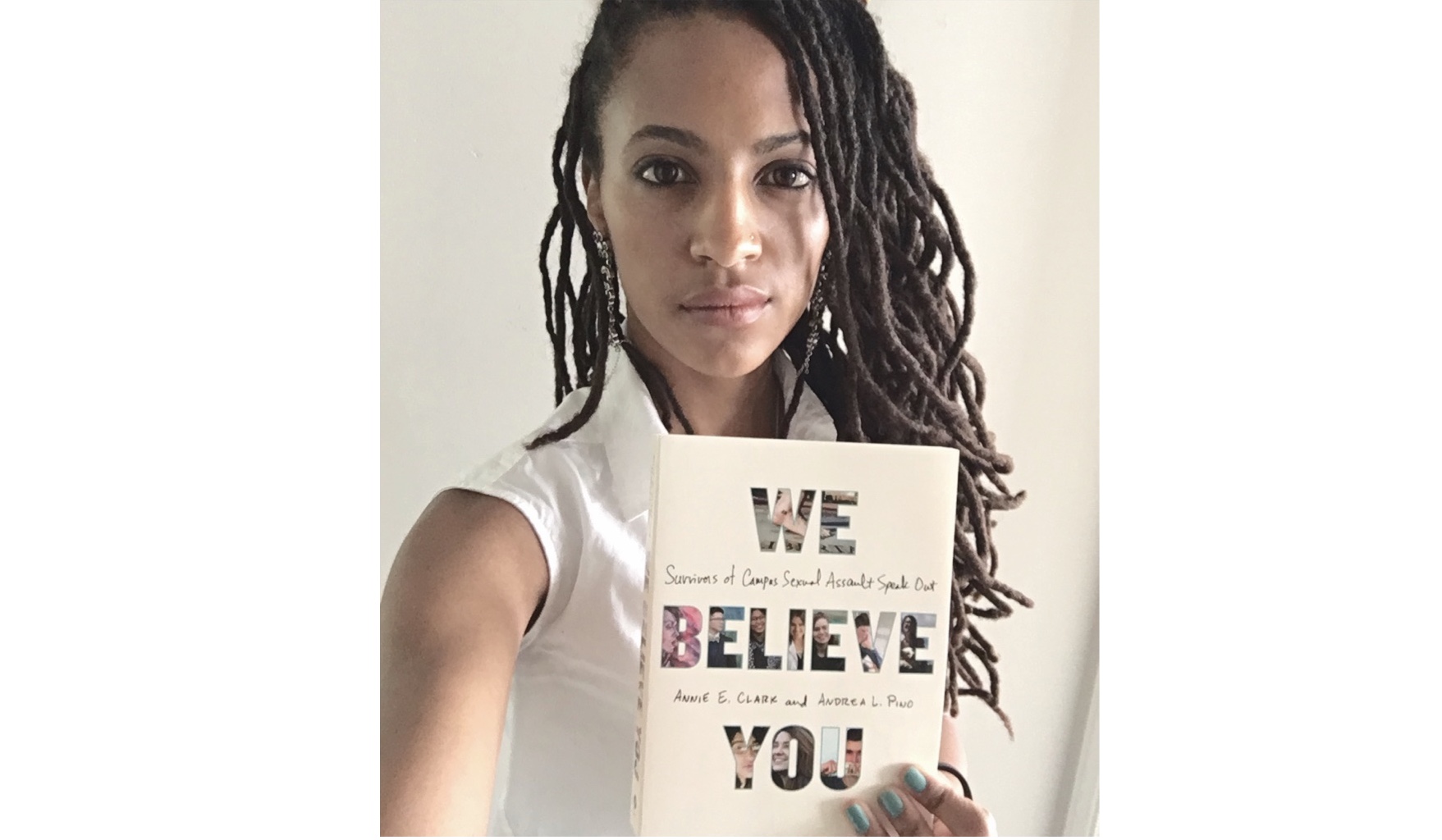
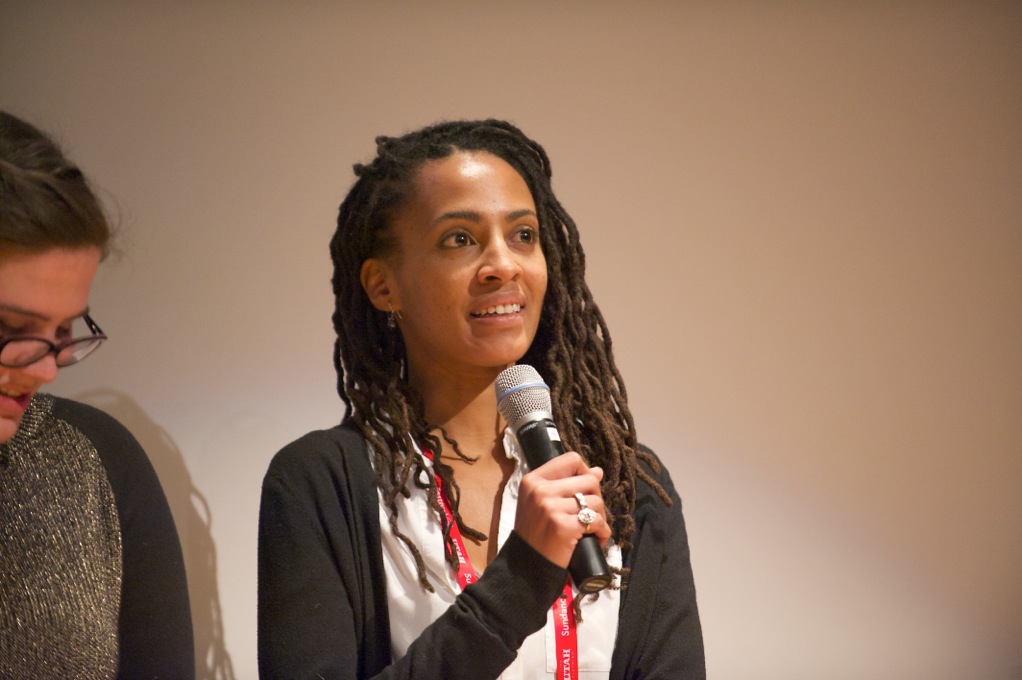

Featured essays:
“For Some, the Lines Are Blurrier — Sex, Power, and Campus Assault,” Los Angeles Review of Books
"No Perfect Victim," The Hunting Ground: The Inside Story of Sexual Assault on American College Campuses
"Dear Emily Yoffe," We Believe You: Survivors of Campus Sexual Assault Speak Out
"To the Harvard Law 19: Do Better," Huffington Post
Original version published on Medium.com
Republished by The Harvard Law Record
"Why Harvard Should #JustSaySorry for how it handled my sexual assault," The Establishment

News
News
Please email for media inquiries.



